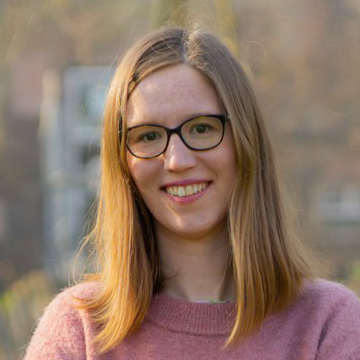 \
&
Contact us
\
&
Contact us
 \
&
Contact us
\
&
Contact us
Life expectancy has increased significantly in the post war period but at the same time we have also seen an increase in chronic diseases and multi-morbidity. This means more treatment and follow-up of patients are needed and and as a result higher costs for the healthcare systems. This EIT wants to improve the monitoring and prevention of diseases so we can have healthier and longer lives at a lower cost for the healthcare service. They have 6 focus areas in which they want to create breakthrough innovative products and services:
The approach is threefold: education, innovation and acceleration of market take-up.
First of all, they want to better train the workforce of tomorrow through the Campus programme. They try to upskill workers so they are up to date with the latest technologies. Secondly, innovators are detected and helped by a team of experts so they can develop their products and services and reach out to a new audience. Their accelerator programme is not just limited to start-ups but can help at every stage of growth whereby its primary aim is to shorten the time-to-market for the product or service.
The EIT publishes regularly calls for proposals for these different programmes. You can find out the opportunities and latest news at the webpage of the innovation community
The Headquarter of EIT health is in Munich but there are in addition seven regional innovation hubs. For Belgium, this is based in Rotterdam. You can contact them by mail bene.office@eithealth.eu
Finally you can contact the NCP for health, sarah.stroobants@fwo.be
Partnerships group the EC and private and/or public partners, to coordinate and streamline the research & innovation initiatives and funding in some selected key domains.

sarah.stroobants@fwo.be
Textgain is a Flemish SME and a partner in Digital Europe project BENEDMO, which answered to call ‘European Digital Media observatory (EDMO) - National and multinational hubs’.
Its task within the project is to further develop technologies to effectively detect sources of polarisation and disinformation, allowing journalists and moderators to quickly mitigate the harmful effects of such messages.